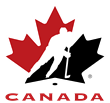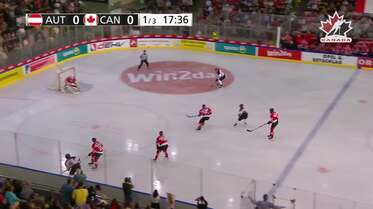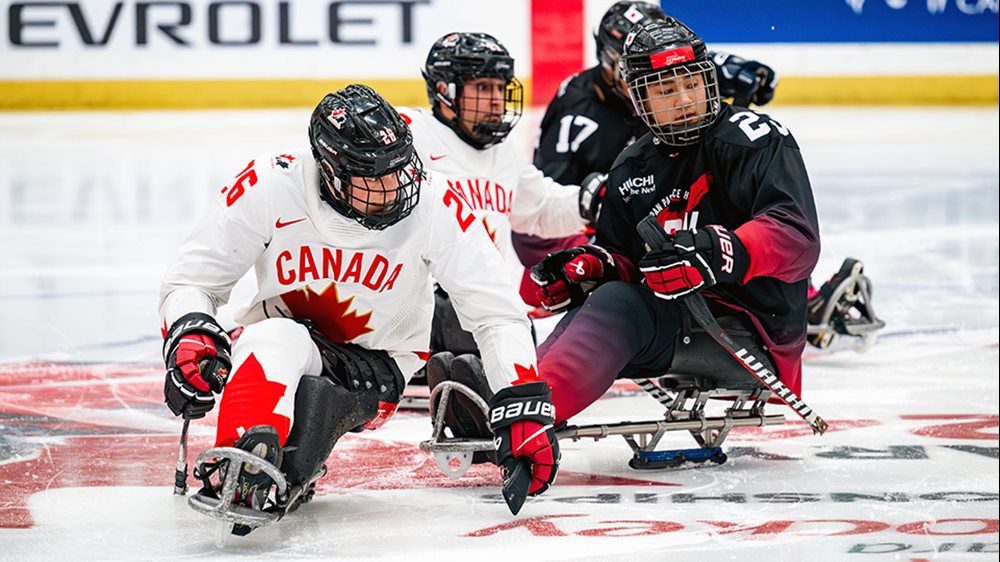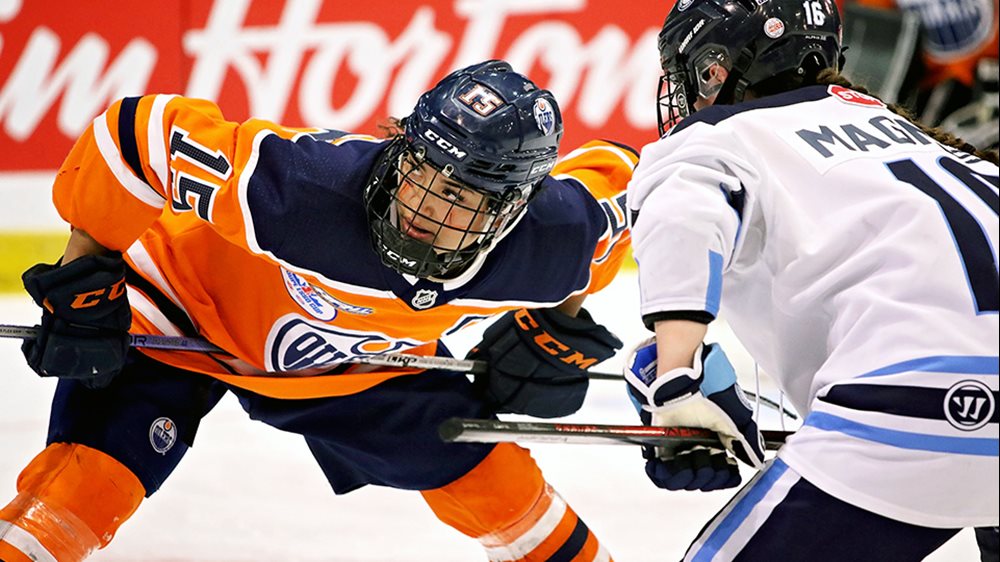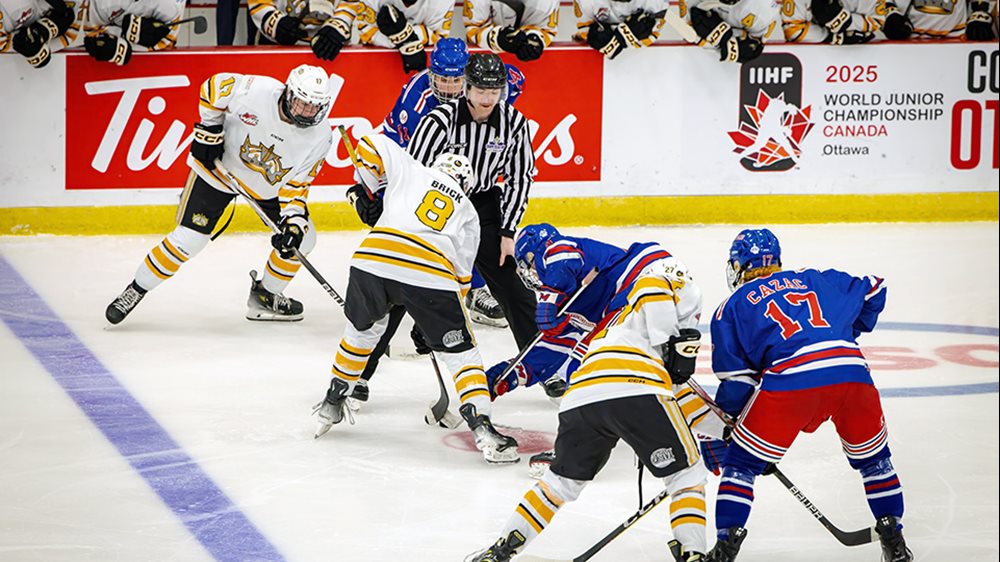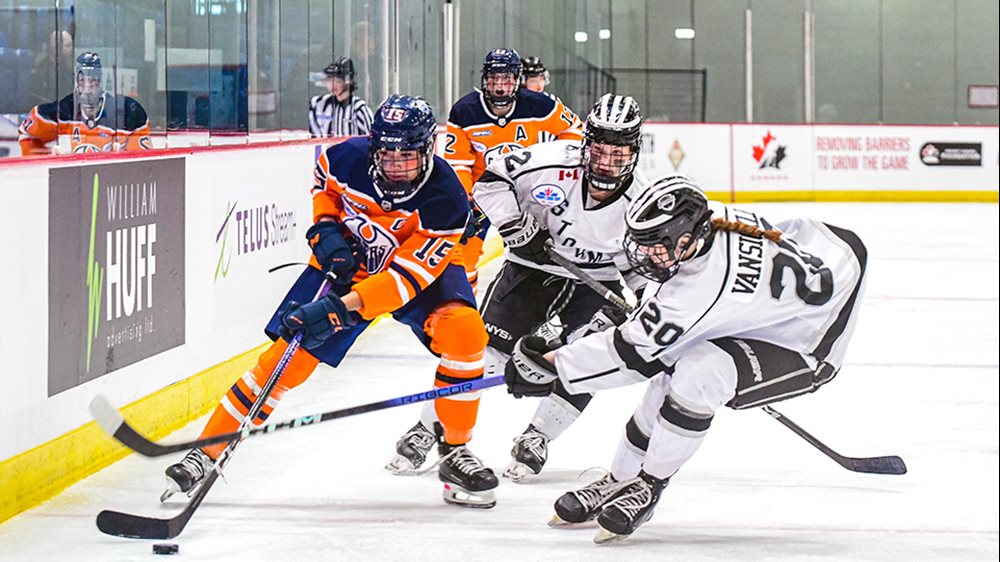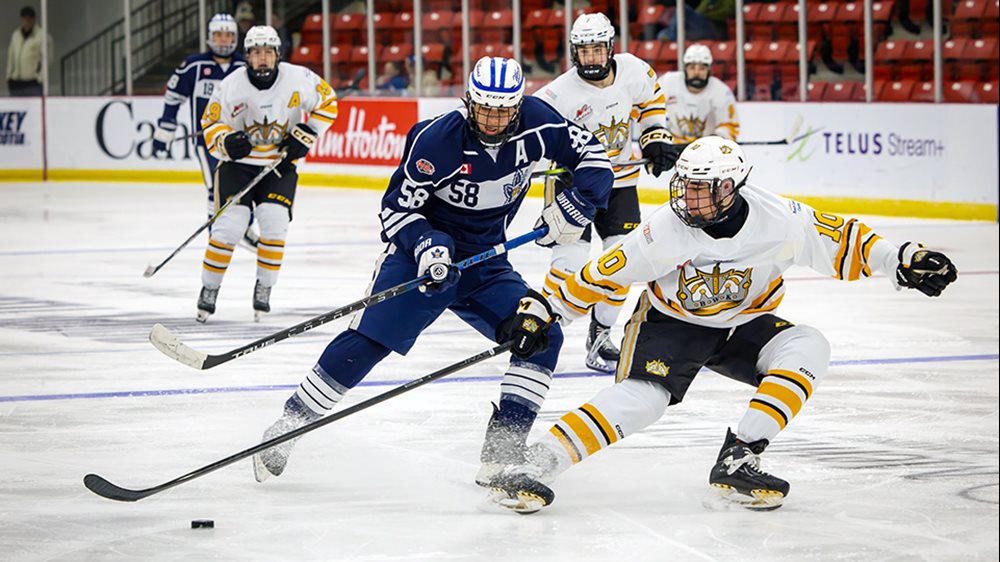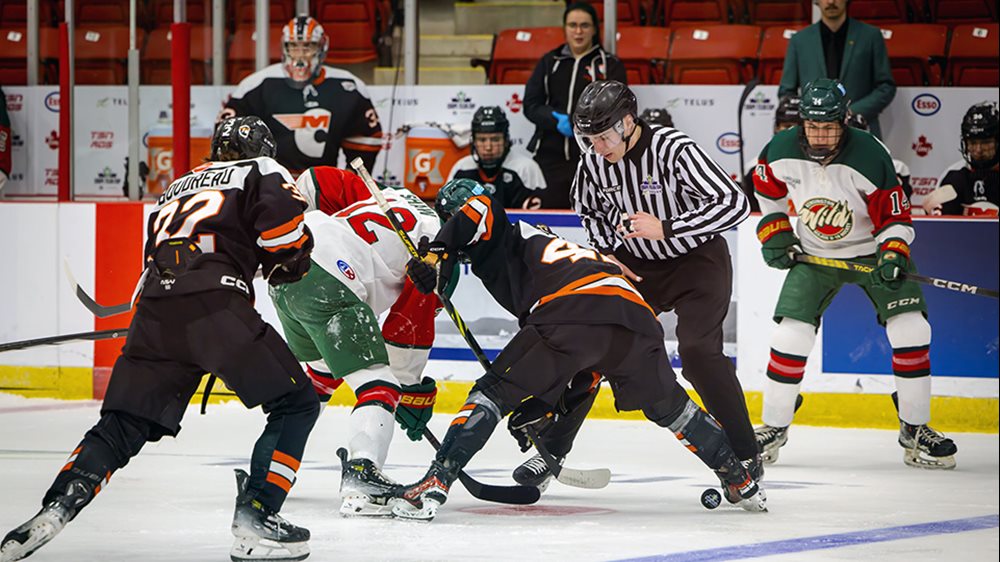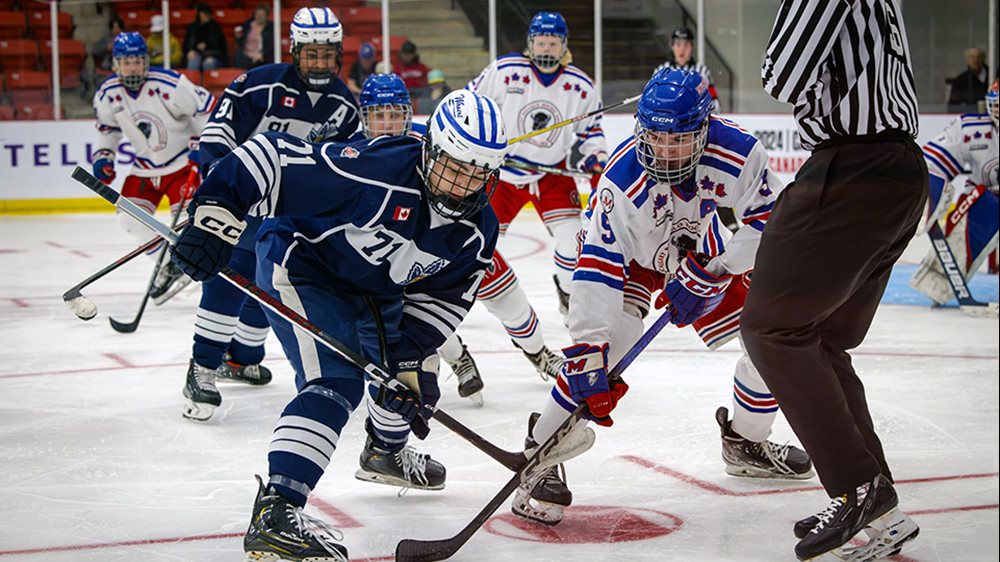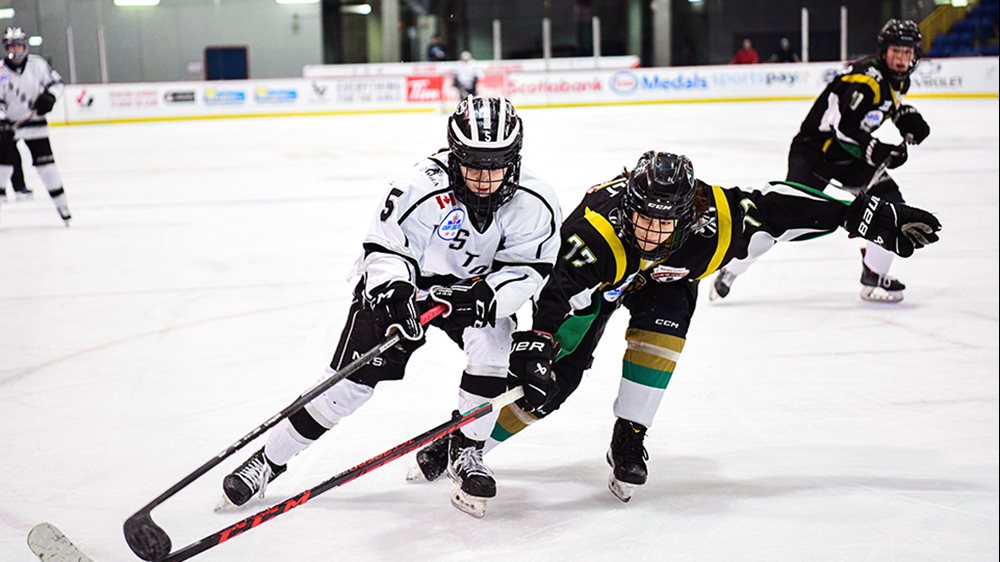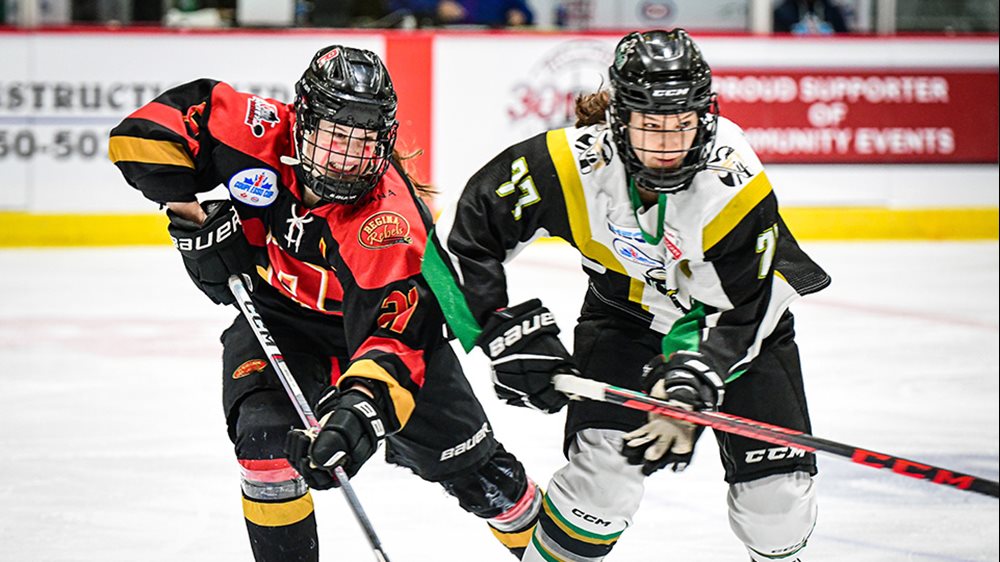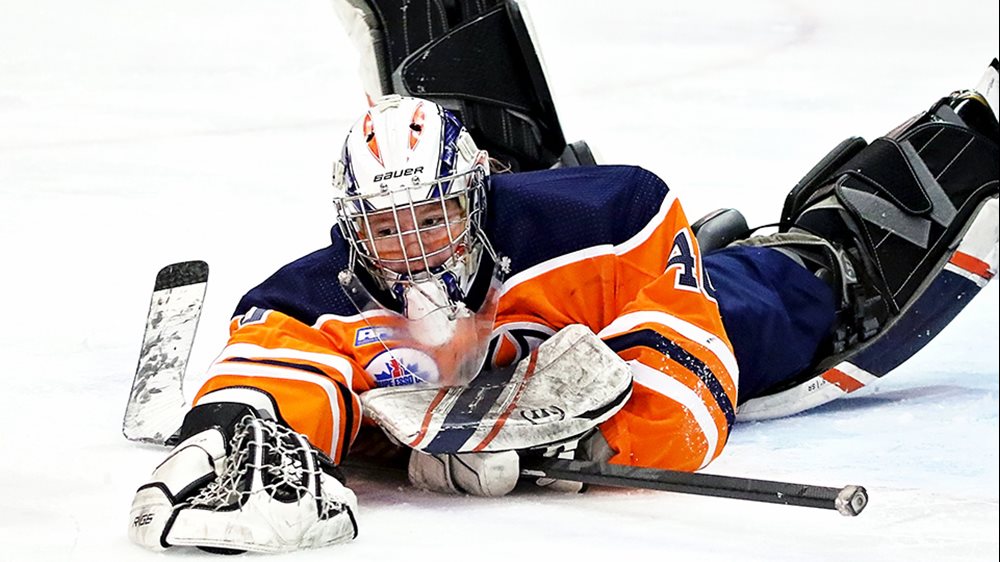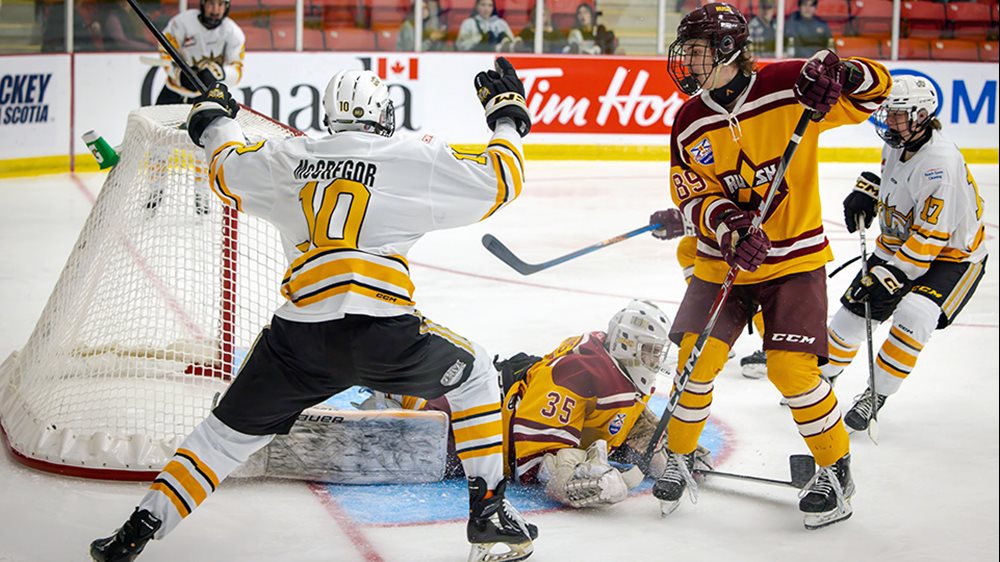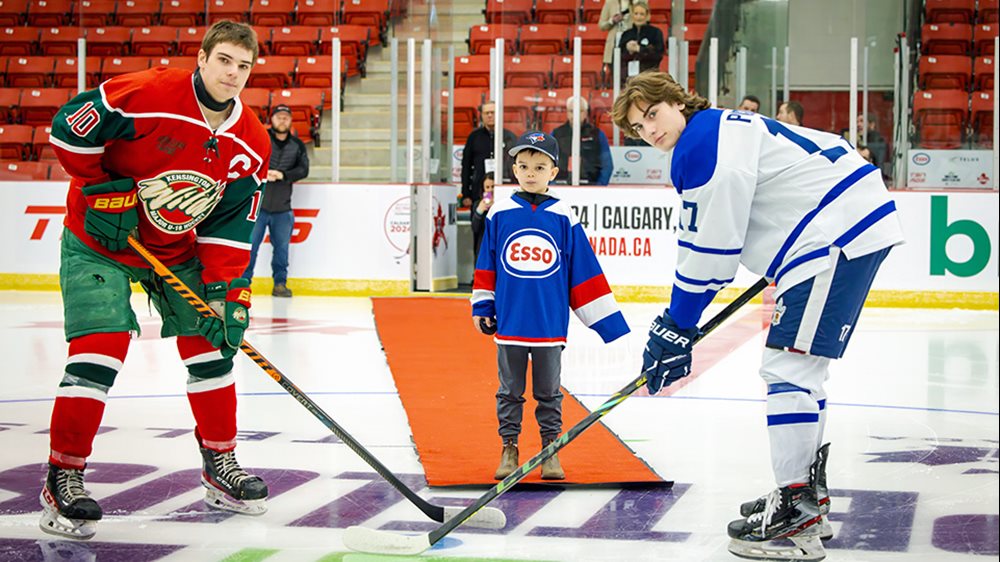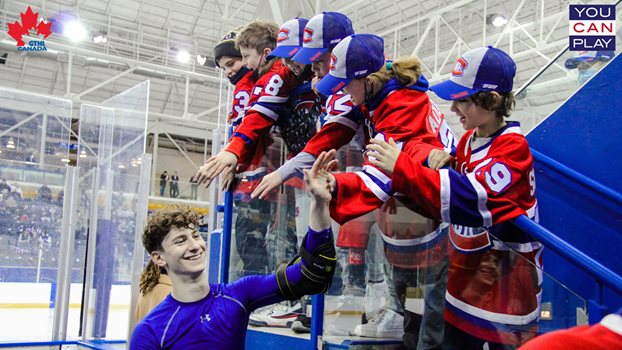
Inclusion not exclusion: The GTHL and You Can Play
Nearly a year after partnering with You Can Play, the Greater Toronto Hockey League remains more committed than ever to creating a safe space for 2SLGBTQ+
Last August, the Greater Toronto Hockey League (GTHL) entered a three-year partnership with You Can Play, a non-profit organization that works to ensure the safety and inclusion of 2SLGBTQ+ athletes, coaches and officials in sports, including hockey.
Since then, You Can Play has provided inclusion training to the GTHL Board of Directors, staff, coaches, athletes and others, reaching roughly 300 participants in the game. The GTHL, the world’s largest minor hockey organization, has also worked to highlight You Can Play in its social media efforts and leaned on it for support in participation in events such as the Pride Parade.
Scott Oakman, executive director and chief operating officer with the GTHL, talked to Hockey Canada about the partnership with You Can Play and the impact it has had on the organization.
Hockey Canada (HC): Why did you decide to partner with You Can Play?
Scott Oakman (SO): Our strategic plan was developed and released in early 2022, and then an independent committee report we had done on racism and discrimination identified that we should be putting high priorities on partnering with organizations that represent underrepresented communities in sport. You Can Play is a great example of one of those organizations ... that we've partnered with to help us learn and educate all our stakeholders from our board right through the staff and people within the GTHL on the particular issues facing the LGBTQ+ community.
HC: What are some of the areas the GTHL has focused on in the first year of the partnership?
SO: Our relationship with them is kind of multi-tiered. We have education pieces, we have celebration pieces, we have policy review pieces and You Can Play have been an excellent partner for us in terms of helping us better understand how we can change our organization and educate people to make sure that everyone feels welcome.
We really focused on organizational leadership in the first year. We're looking at doing things with You Can Play leaders so they can start to educate people within our individual organizations on how they can have a positive impact.
HC: What kind of impact has You Can Play had on the GTHL? SO: They've created a comfort level where we are not intimidated to ask difficult questions and they're prepared to give us straight and honest answers. As that comfort level grows with organizations and teams, I only see us having greater success with them.
We have a resource where when [a team within the GTHL] faces challenges, they can call You Can Play and get advice. It has been tremendous and we're now trying to spread the word further among the organization that these resources are available for them to take advantage of.
HC: What has the response been from players, coaches, officials and others?
SO: It's been incredibly well received. We've had situations where teams have run into some challenges internally and You Can Play has gone in and supported them. I think that's been replicated in a number of instances with some of the work that You Can Play has done one-on-one with some of our teams and in the collective education work that they've been doing with us.
HC: What are the next steps for the GTHL with regard to You Can Play? SO: We certainly want to trickle the education down. Staff have been through a bunch of stuff this year with the ongoing education. We are starting some team-based proactive education, as opposed to reactive after something's happened. The bigger challenge will be how we can roll out, on a larger scale, the education that's available through You Can Play to be able to capture on an ongoing basis, all our participants, so that it is not just a box that gets checked. We want to provide education on an ongoing basis in a format that isn't overwhelming, where it isn’t all front-loaded, and it's more ongoing through the course of the season and small touch points.
We are trying to stick handle a way to have positive communication, reaching all our participants on an ongoing basis, so they are better positioned to understand the issues that are faced [by 2SLGBTQ+] and ensuring that people on their teams are creating a welcoming environment and a safe environment for everyone.
Heidi Johnston, sports partnership manager with You Can Play, also talked to Hockey Canada about the work it does, why it matters and its relationship with the GTHL.
HC: What is the overall goal of You Can Play?
Heidi Johnston (HJ): Our mission is around creating safety and inclusion for the LGBTQ+ community and we do that mainly through education. We also participate in a bunch of pride events, and parades. We also work with the NHL to promote their Pride Month.
HC: Talk about You Can Play's education work; what do you do with teams and players?
HJ: A part of what we do is educating the coaches who have the most direct impact and connection with their kids and players. It's things like how to deal with a kid that might come out. Our training for the entire team is about the importance of pronouns, the importance of people being able to express themselves however they want and that your teammate is your teammate no matter what.
We also do activities that are helpful for the players to engage and one of those things is creating a logo around who they are as a person. The goal is for everybody to see that we are all different and logos are all different and it is that diversity that makes communities, especially hockey, great.
HC: What is your relationship with the GTHL?
HJ: Our relationship is really based on around education. We provide a lot of education for the league, for coaches, for refs and when an incident does come up, we will intervene and then provide training for that specific team or group of individuals. We have done six or seven team training in the eight months I've been with You Can Play. We've had an opportunity to educate 20 plus players with parents in such a short time and we've also done very large ref training and training with the coaches.
It's an incredible partnership because of how dedicated they are to really wanting to make change. Having a group the size of the GTHL, really committed to creating diversity to creating safe spaces, you know, for their coaches, their players and their staff is incredible. We are able to magnify our impact by having a partner like the GTHL.
HC: Why is the work you are doing important? Why does it matter?
HJ: LGBTQ+ kids have the highest incidence of suicide, and the research suggests that 83 per cent of fans who are openly gay don't feel safe as a spectator and 86 per cent of LGBTQ+ say they don't play a sport at school. So, it matters from an acceptance perspective. Every kid should be able to play and have the opportunity to be part of a team. Sports should be for everyone and anyone who wishes to participate regardless of gender or sexual orientation.
For more information: |
- <
- >
